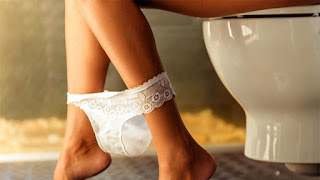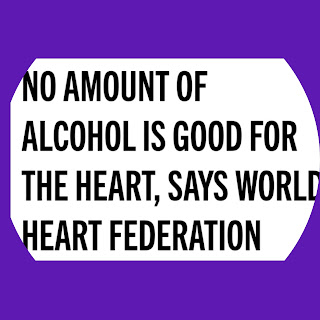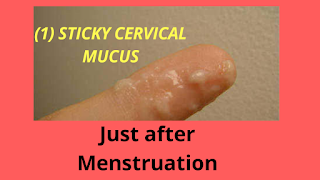Peeing after sex and pregnancy
WILL #PEEING AFTER SEX PREVENT PREGNANCY 🤷🏼♀️
Peeing after sex may help reduce your risk of UTIs. Pair this with proper hydration and regular bathroom breaks and your risk may go down even more.
👉🏼Is it really necessary?
It isn’t necessary, per se, but it is helpful.
check our you tube video here
Peeing after sex may help prevent urinary tract infections (UTIs).
UTIs occur when bacteria enter the urinary tract, usually through your urethra, and travels to your bladder.
👉🏼If you have a vagina, your urethra — the opening where urine is released — is close to your vaginal opening.
If you have a penis, your urethra releases both urine and semen — though not at the same time.
Peeing after sex can help flush bacteria that was introduced during intercourse away from your urethra. Although it isn’t a foolproof way to prevent sex-related UTIs, it’s one fairly easy way to try.
👉🏼Does this rule apply to everyone?
Peeing after sex isn’t a bad idea, but some people may be more likely to benefit from the reduced UTI risk.
If you have a vagina and you’re prone to UTIs, you may benefit the most from peeing after sex. The path from your urethra to your bladder is short, so the bacteria doesn’t have to travel far to cause a UTI.
If you have a vagina but aren’t prone to UTIs, peeing after sex may not be as important — but it wouldn’t hurt.
Peeing after sex is the least beneficial for individuals who have a penis. That’s because the urethra is much longer. The bacteria have to travel much farther to cause a UTI.
👉🏼What if you don’t have penetrative sex?
Then you’re in the clear. You or your partner can touch anywhere else on the vulva without having to worry about increasing your risk for UTIs.
However, there is an exception, if your partner performs oral sex or cunnilingus, which focuses on oral contact with the clitoris (which is very close to the urethral opening), bacteria can be pushed from the mouth and tongue into the urethra.
👉🏼How soon should you pee?
Ideally, you should pee within 30 minutes of having sex to reap the UTI-prevention benefits. The sooner, the better.
👉🏼Can this help prevent pregnancy?
Peeing won’t prevent pregnancy — even if you go seconds after ejaculate is released.
During vaginal intercourse, ejaculate is released into the vaginal canal. Urine is released from the urethra. These are two entirely separate
openings. In other words, releasing pee from your urethra won’t flush anything out of your vagina.
If semen has entered the vagina, there’s no going back. Sperm is already traveling upward to try and fertilize an egg.
👉🏼What if you’re trying to get pregnant?
When you’re trying to get pregnant, some medical experts may suggest waiting a few minutes before getting up after sex. It’s thought that this helps ease the pathway of any last-minute swimmers toward the uterus.
You won’t hurt your chances of conception if you go and pee immediately afterward. If you really want to give it a moment, consider waiting five minutes or so, then get up and pee.
But it does help prevent UTIs, right?
The short answer? We don’t know for sure, but it certainly can’t hurt.
There aren’t many studies investigating the potential relationship between intercourse, UTIs, and urinating afterward as a prevention method.
There are so many other factors that play a role in UTI development, including how much water you drink and how much you pee normally. It would be difficult for scientists to isolate the right variable.
👉🏼What about STIs and other infections?
Peeing after sex may help flush out UTI-causing bacteria, but it won’t prevent you from contracting a sexually transmitted infection (STI).
You pee after sex to flush bacteria away from the urethra.
STI-related bacteria affect the body in a different way. Your body can absorb the bacteria through tiny tears in your mucus membranes. Peeing won’t affect this absorption process.
The only way to reduce your risk for STIs is to use a condom every time you engage in sexual activity and get screened regularly.
👉🏼What if you don’t need to pee?
If you don’t need to pee but know you should, you may find it helpful to:
Drink more water. The more you drink, the more your bladder stretches. The more it stretches, the more likely you are to feel the urge to pee. Drinking a half or whole glass of water right after sex may help get your bladder in gear.
Sit on the toilet for a few extra minutes. Taking a few extra moments to yourself may encourage your bladder to relax and release its contents.
👉🏼What happens if you don’t pee after sex?
It’s not the end of the world if you don’t or can’t pee after sex. It’s just an easy way to help prevent UTIs.
Holding your pee for too long at any time — after sex or otherwise — can increase your risk of a UTI.
Watch our YouTube video on HOW HOW TO ACHIEVE ORGASM WITH SHORT PENIS 👇🏼



Comments
Post a Comment